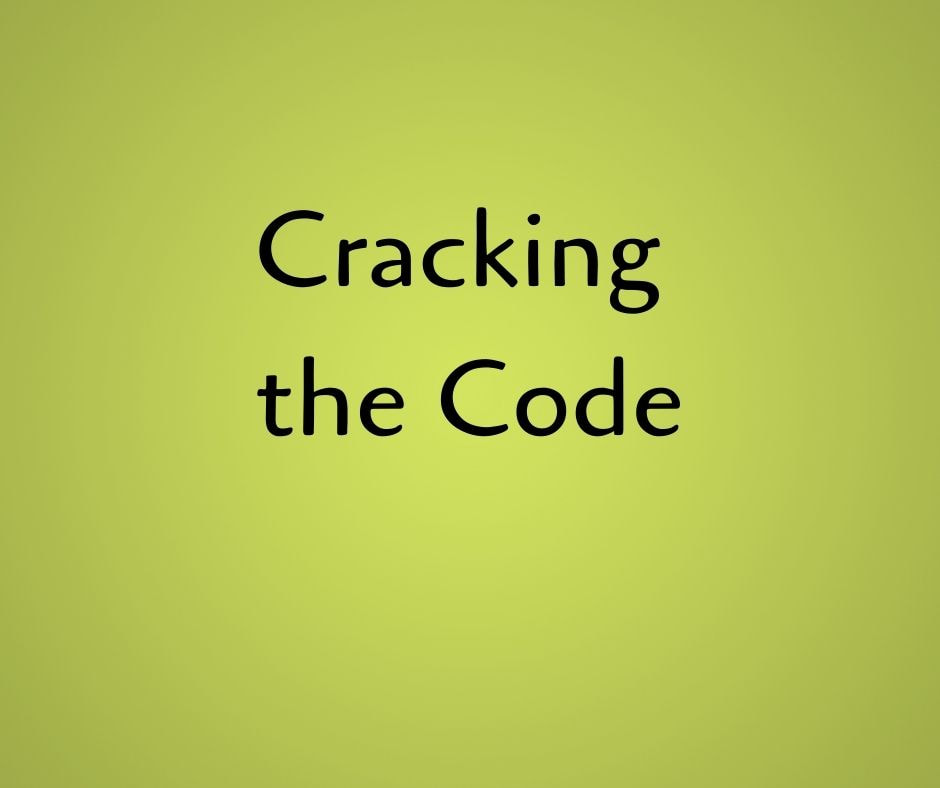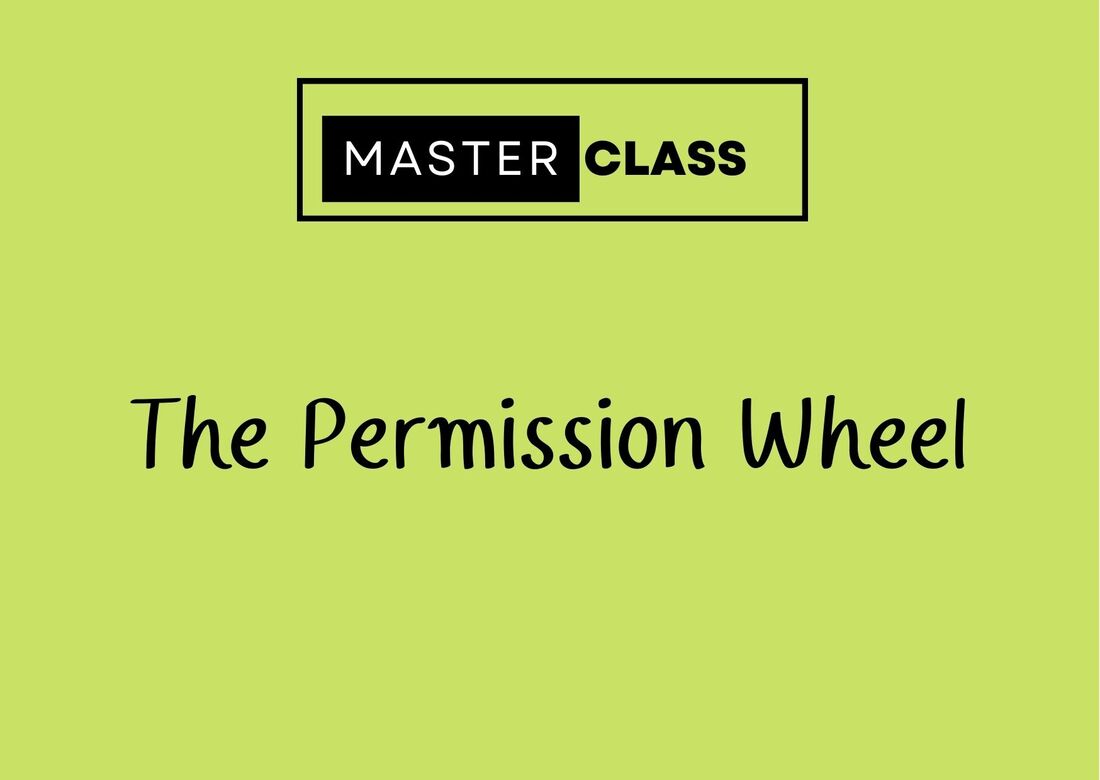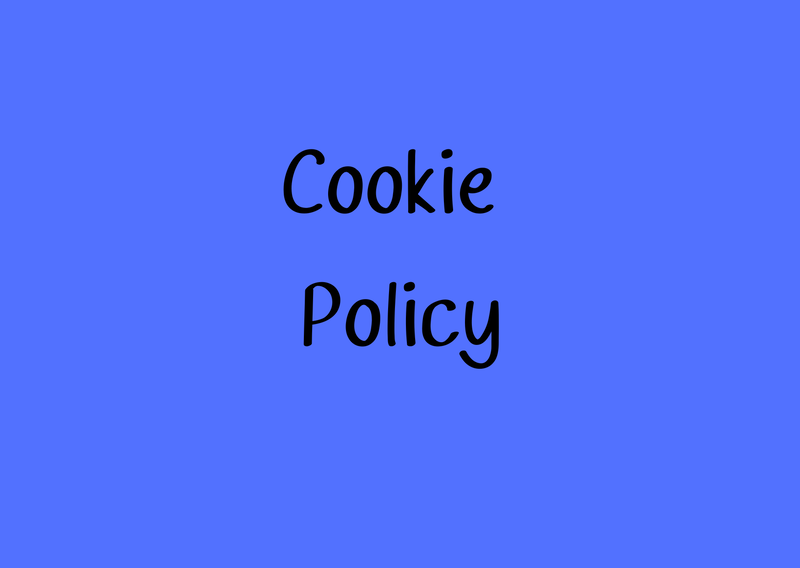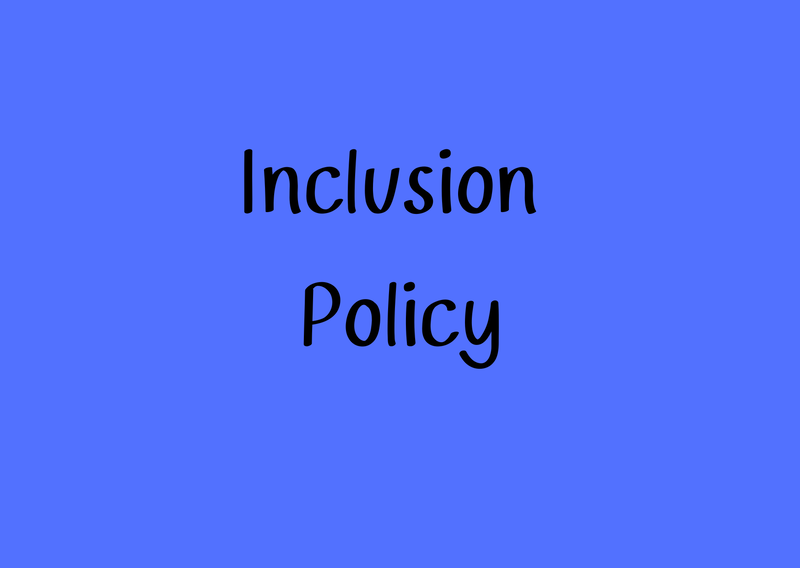- Welcome
- TA
-
Workshops
- 008 Power Dynamics
- 009 Human Beings Being Human
- 010 Psychological Games
- 011 Group Dynamics
- 012 Stages of Group Development
- 013 Analysing Organisations
- 014 Cultural Competence
- 015 Systemic Leadership
- 016 Leading Organisational Change
- 017 Unconscious Processes
- 018 Supervision and the Meta-level Perspective
- 019 Leadership - a Relational Issues
- 020 Imposter Syndrome
- 021 Contact Doors
- 022 The Permission Wheel
- 023 People Watching
- 024 Personality Adaptations
- TA Awards
- Supervision
- Blog
- Newsletters
- Contact
- Policies
- Downloads








